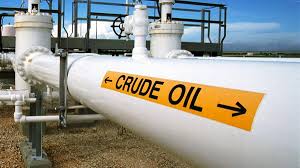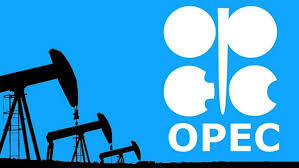London, Sept. 29, 2023 – Oil prices fell on Friday in a volatile trading session as macroeconomic concerns weighed on the recent rally.
Front-month Brent November futures were down 14 cents, or 0.15%, at $95.24 per barrel at 1442 GMT ahead of the contract’s expiry later in the day.
The more liquid Brent December contract was down 72 cents, or 0.77%, at $92.38 per barrel.
U.S. West Texas Intermediate crude (WTI) was down 92 cents, or 1%, to $90.79 per barrel.
WTI futures traded $1 higher earlier in the session, before then trading $1 below Thursday’s close price.
With oil futures inching closer to the $100 a barrel threshold, investors could be taking stock of the current rally given ongoing macroeconomic concerns.
“But with investors now questioning the resilience of the global economy going into next year against the backdrop of higher interest rates for longer, that bullish bias in oil markets may become more balanced,” said Craig Erlam, an analyst at OANDA.
Investors may also be looking ahead to a potential partial U.S. government shutdown on Sunday.
A shutdown would be an “umcessary risk” to a resilient U.S. economy, top White House economic adviser Lael Brainard said on Friday.
U.S. consumer spending increased 0.4% in August, while personal consumption expenditures (PCE) price index data showed that inflation, excluding volatile food and energy prices, slowed to 0.1% last month, from 0.2% in July.
Also, next week, the OPEC+ ministerial panel meeting will take place on Oct.4.
“Next week’s OPEC meeting will be a key update for the market with increasing probability the voluntary supply cuts by Aramco are reduced,” National Australia Bank analysts said in a client note, referring to Saudi Arabia’s state oil producer.
Brent is forecast to average $89.85 a barrel in the fourth quarter and $86.45 in 2024, according to a survey of 42 economists compiled by Reuters on Friday.
The supply cuts announced by Saudi Arabia and Russia will dominate oil prices for the remainder of this year, but a run towards $100 per barrel could be short-lived because of “the artificial nature of supply shortages in the system, and the fragile macro environment,” said Suvro Sarkar, energy sector team lead at DBS Bank. (DBS)





